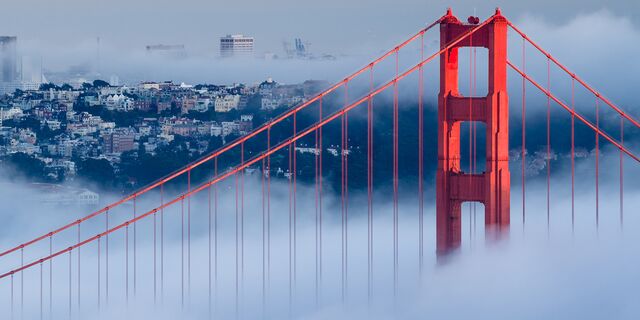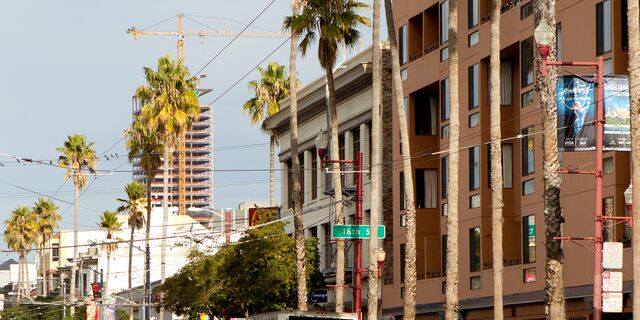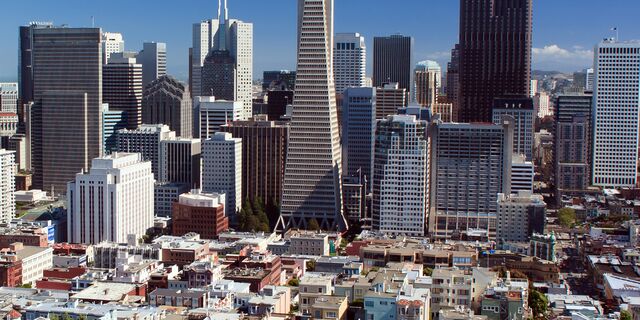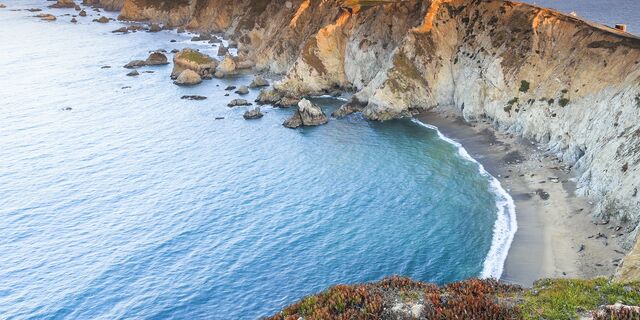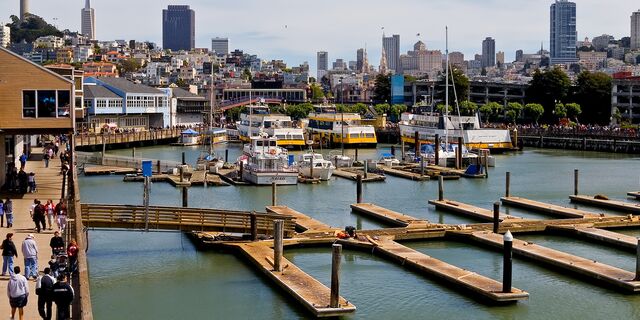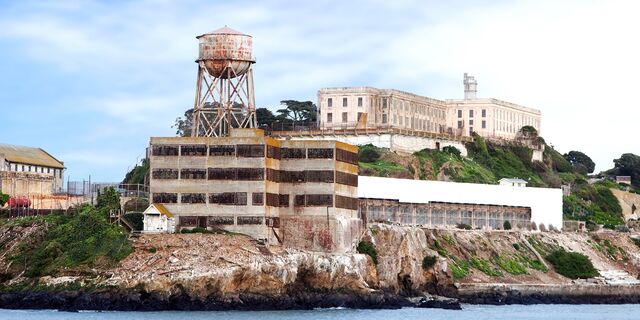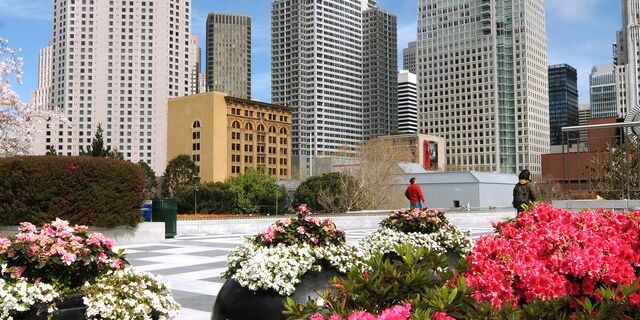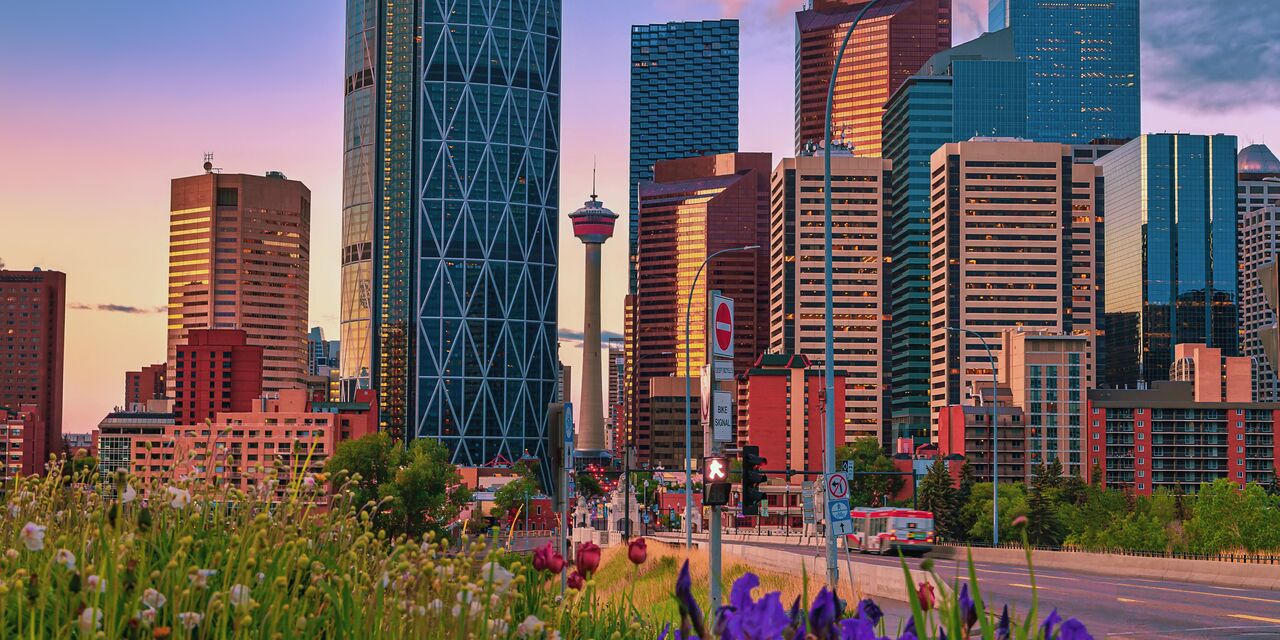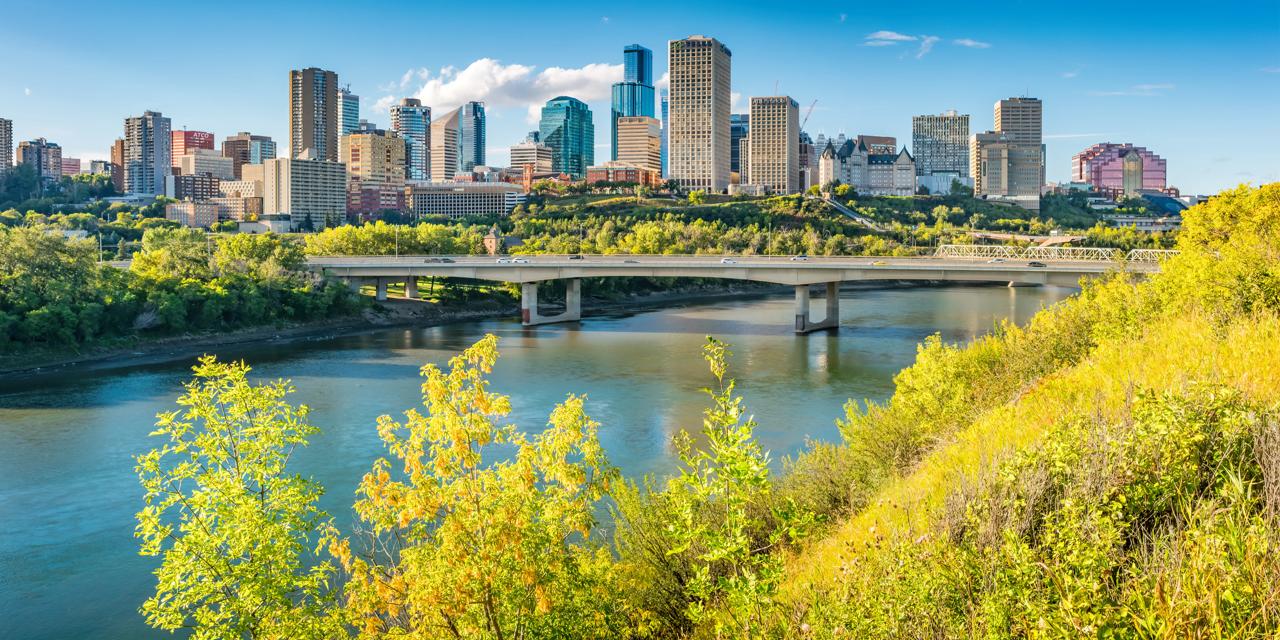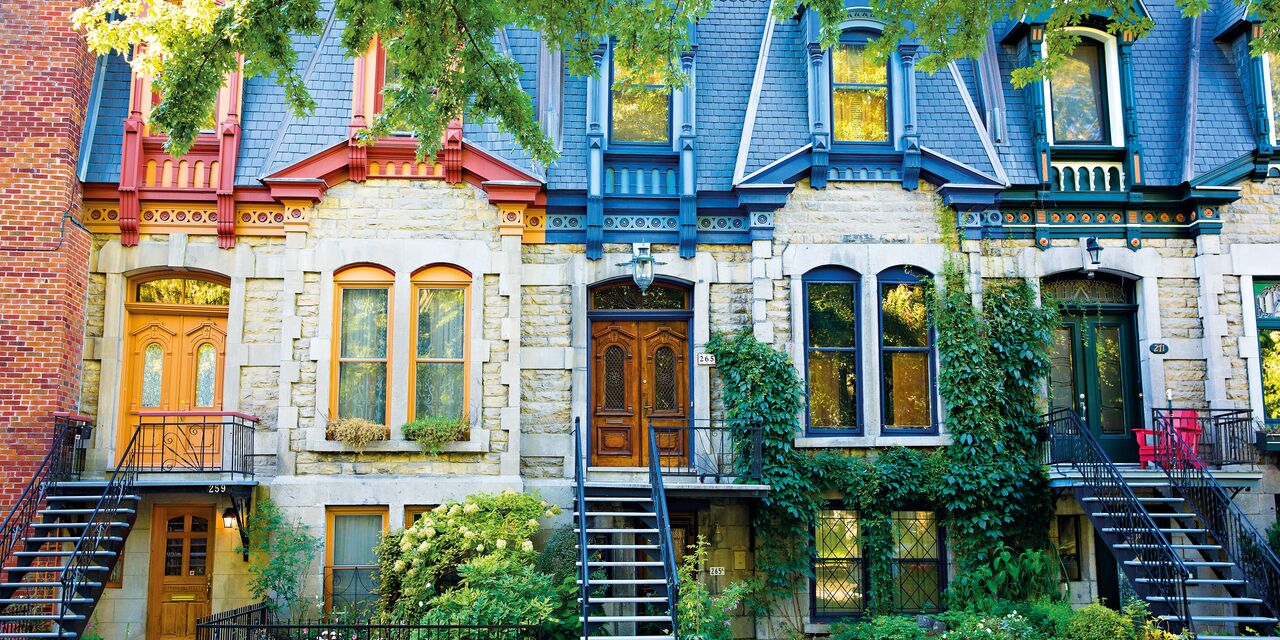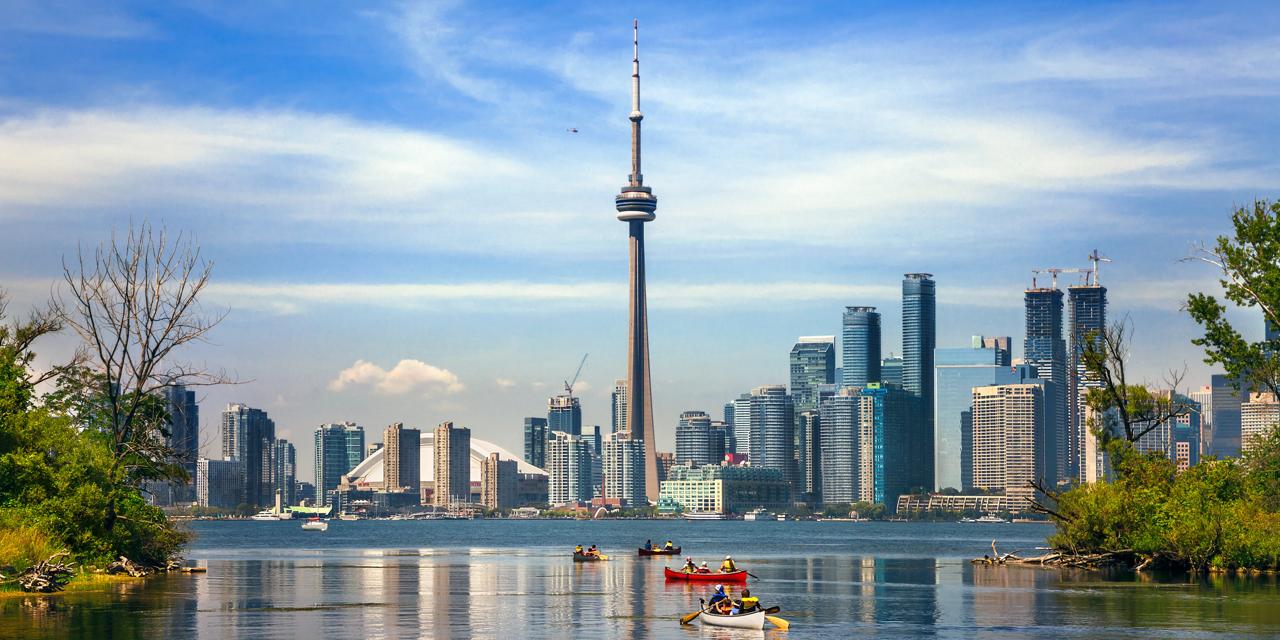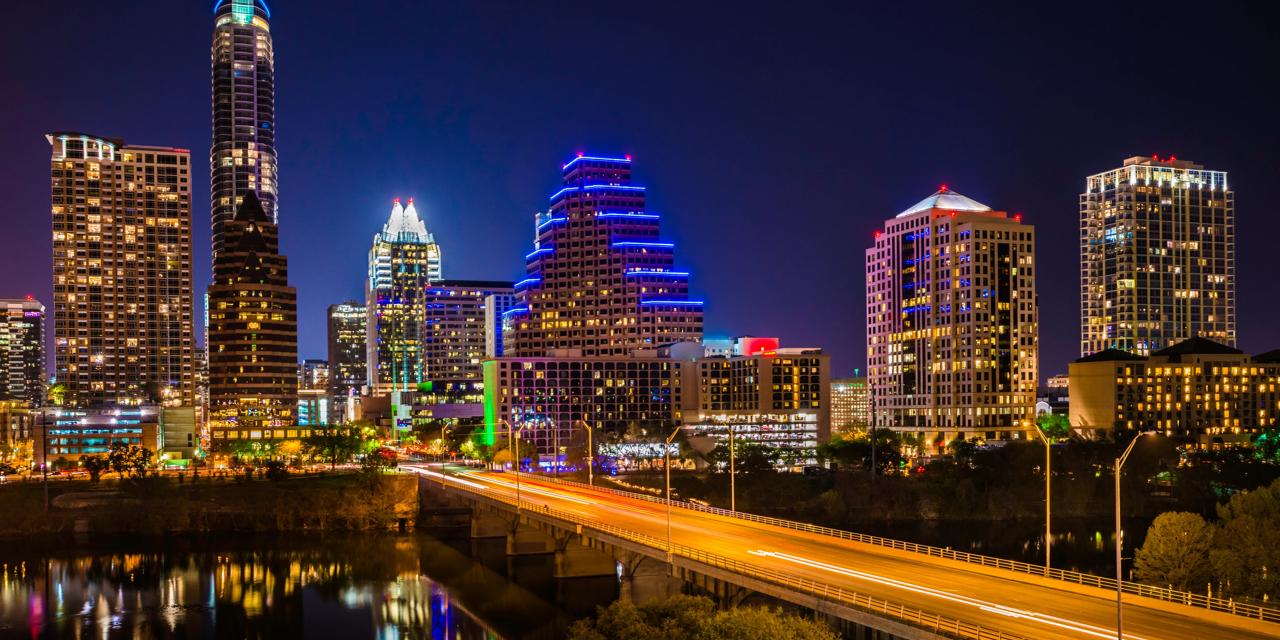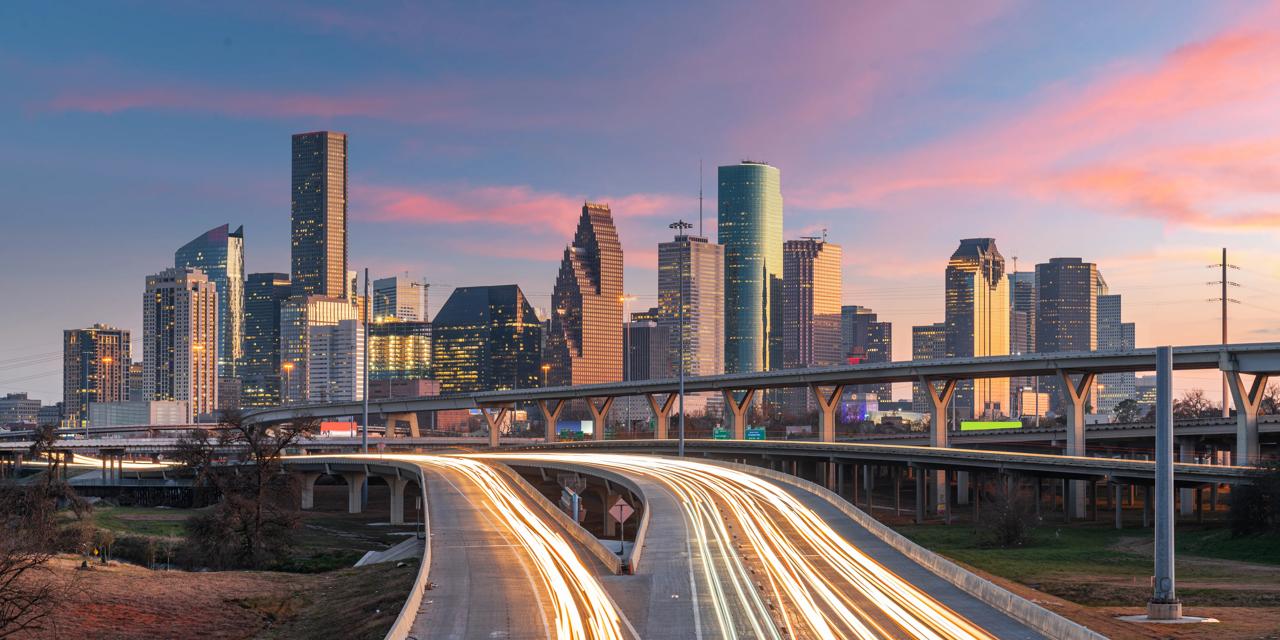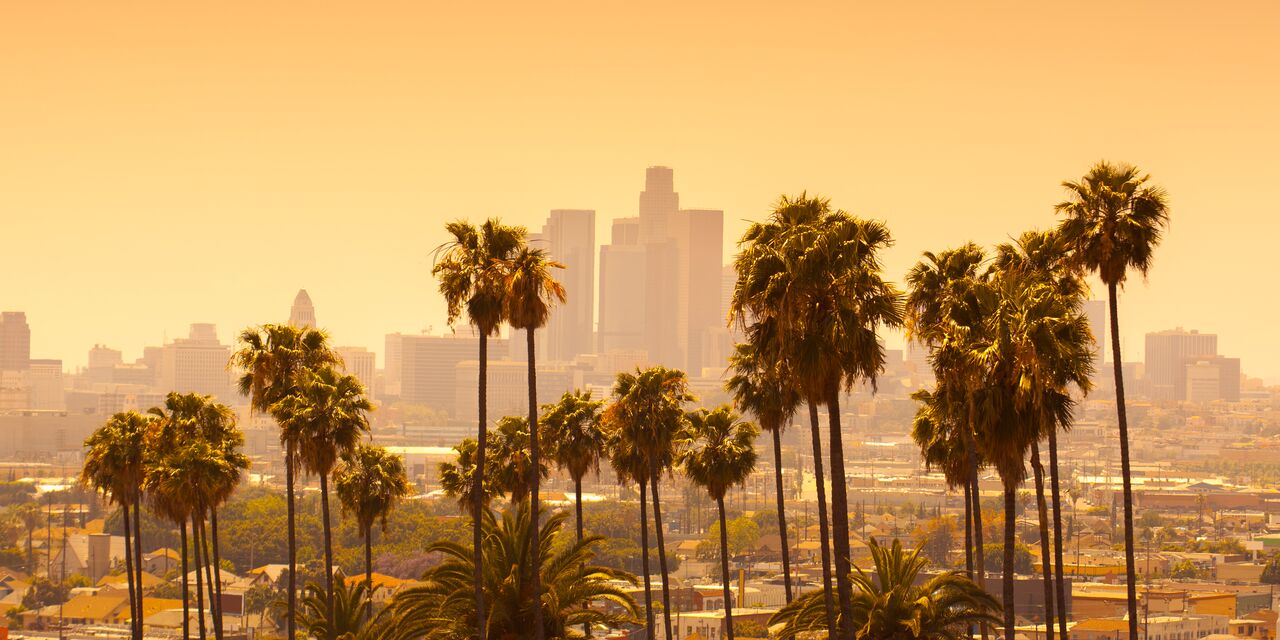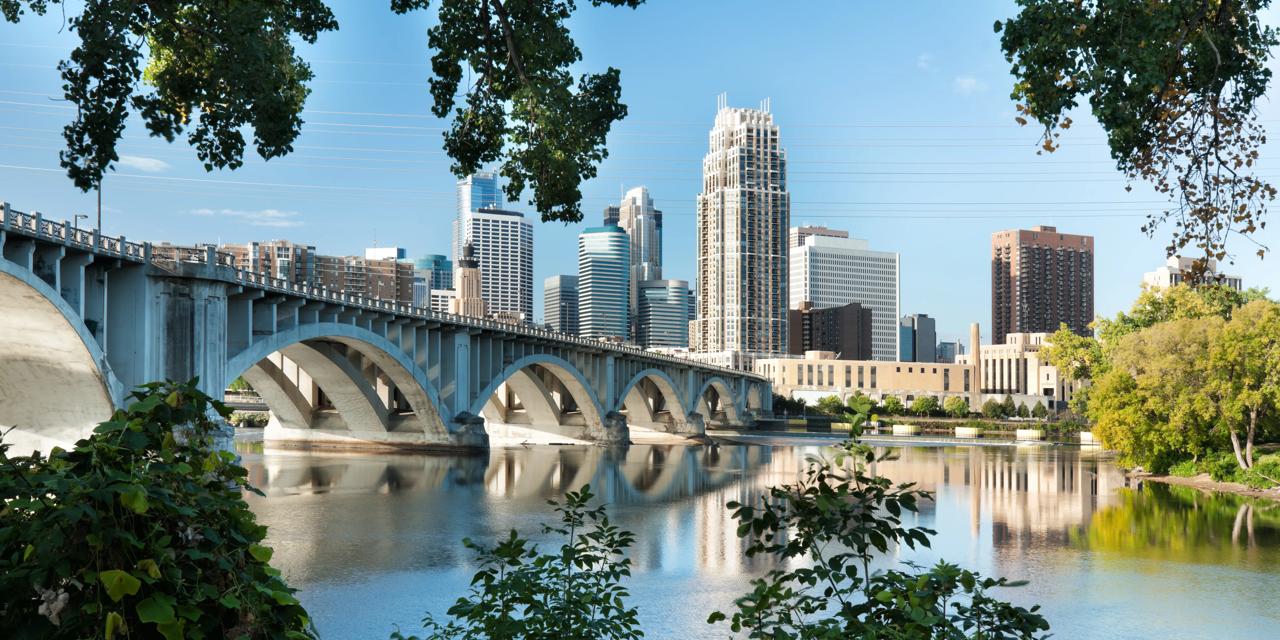Relaxing in Golden Gate Park
With 2 museums, a variety of gardens and endless miles of greenery, Golden Gate Park is perhaps best described as the playground of San Francisco. Originally home to massive sand dunes, construction began in 1871 to create a park that would be bigger than Central Park in New York. The green oasis now attracts 13 million visitors each year.
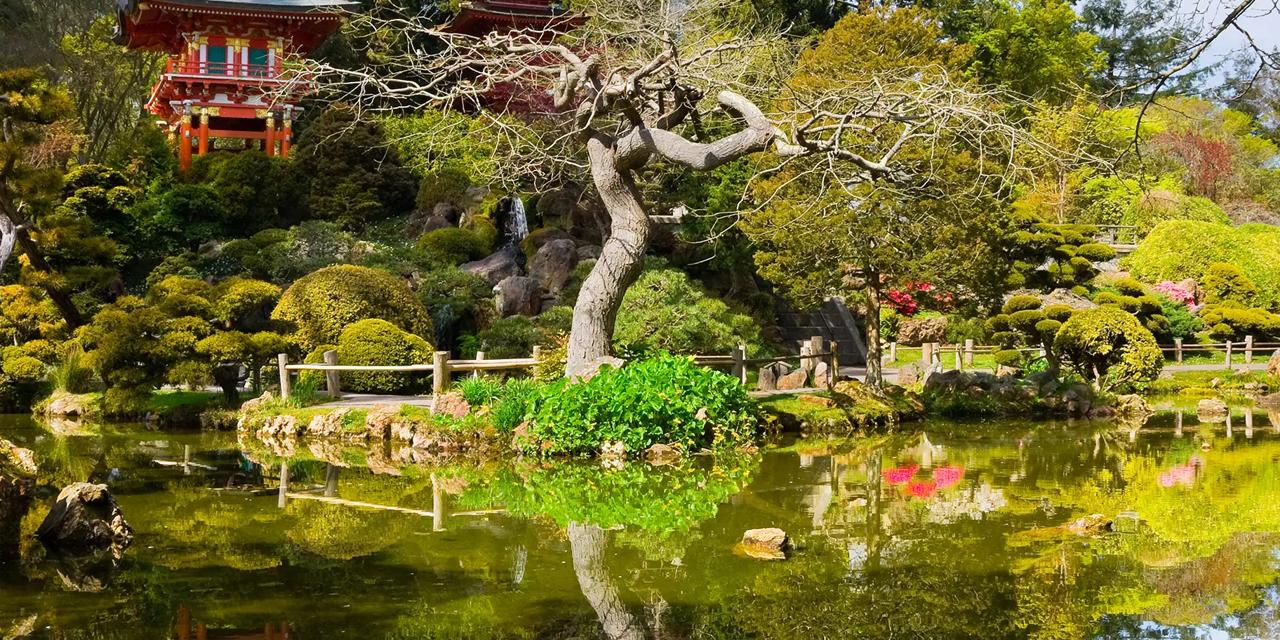
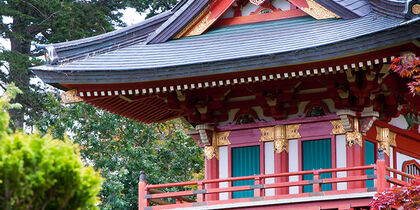
Traditional Japanese tea
The Japanese tea garden is an extremely popular part of the park. This garden was originally created for the 1894 California Midwinter International Exposition and comprises several winding trails, idyllic ponds, Japanese bridges and elegant sculptures – all brought together in perfect harmony. Naturally, there is also a tea house where traditional Japanese tea is served – with a fortune cookie.
The highest point in the park
The largest lake in Golden Gate Park is Stow Lake, where you can rent a boat or pedal boat and make your way around Strawberry Hill. This island is located in the middle of the lake and owes its name to the wild strawberries that once grew here. It is also the highest point in the park. Between the trees, you can enjoy fantastic views of the park, the Golden Gate Bridge and the city. The island can be accessed by 2 bridges that lead to the trail that ends at the top of the hill. Don’t forget to check out the waterfall that crashes down from the rocks.
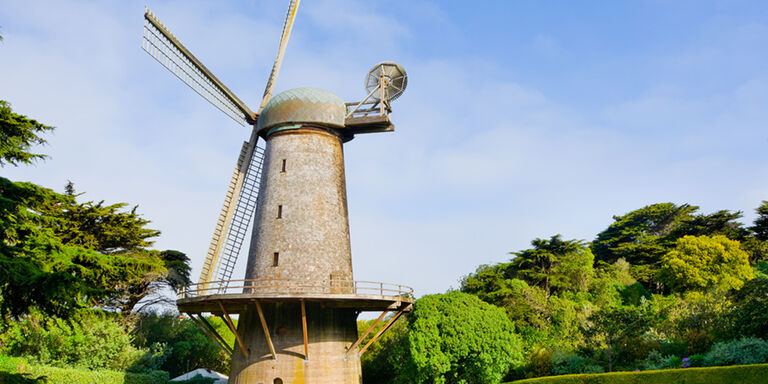
Tulips and windmills
Right next to the beach at the west end of the park are 2 eye-catching structures: 2 Dutch-style windmills embedded in the green landscape. Since the soil in this area was still quite barren, these 2 windmills were needed to pump groundwater in order to irrigate the numerous grassy fields and gardens. Nowadays, they are no longer in use and serve as little more than decoration. At the foot of the North Windmill – also known as the Dutch Windmill – is the Queen Wilhelmina Tulip Garden, which is in full bloom in March and April.
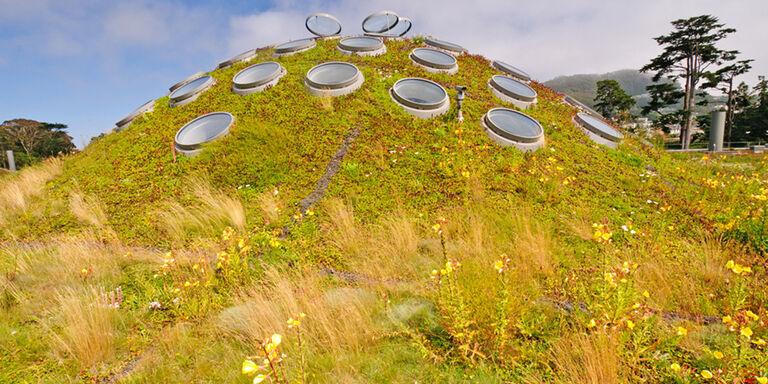
Numerous attractions under one roof
A real eye-catcher is the California Academy of Sciences, which opened in 2008 and was designed by renowned Italian architect Renzo Piano. Sustainability was the primary focus during construction of the complex, which features a ‘living roof’: a complete garden with around 1.7 million plants. Inside are the Morrison Planetarium, Steinhart Aquarium, Kimball Natural History Museum and the 4-storey Rainforest of the World dome. Worth visiting is the Earthquake exhibit, which simulates the worst earthquakes in the history of San Francisco (in 1906 and 1989). Visitors can relive the quakes in the Shake House: a reconstructed Victorian building with views of the famous coloured houses (the Painted Ladies) on Alamo Square. You can also clearly feel the difference between the 2 quakes. ‘Fun’ might not be the right word to describe this experience, but it’s definitely sensational.
Discover other destinations in North America
*The displayed prices are for one adult. All amounts are in USD. Taxes and surcharges are included. No booking fee is applicable, but a payment surcharge may apply. Prices shown may vary depending on fare availability.
The weather forecast information is provided by World Weather Online. Air France-KLM is not responsible for the reliability of this data.

